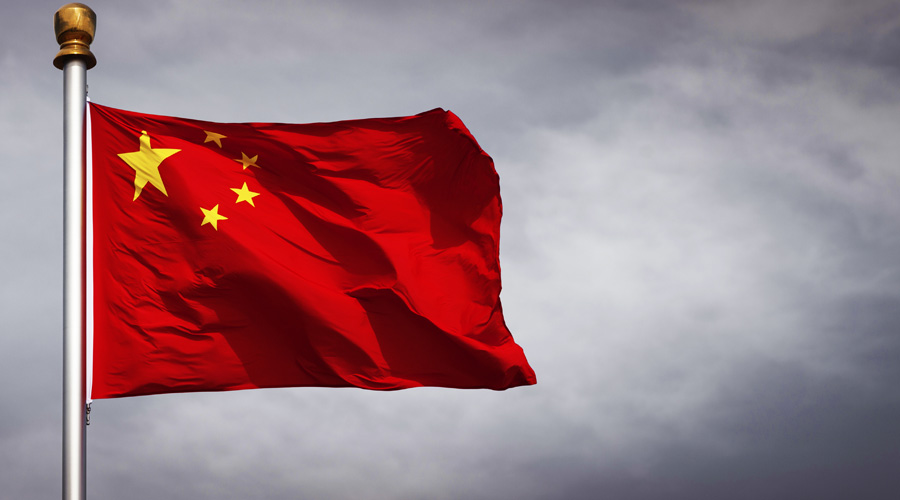The Chinese ambassador to Britain has been banned from attending an event in the country’s parliament because Beijing imposed sanctions earlier this year on lawmakers who highlighted alleged human right abuses in Xinjiang.
China imposed the sanctions on nine British politicians, lawyers and an academic in March for spreading what it said were “lies and disinformation” the over the treatment of Uighur Muslims in the country’s far west.
Lindsay Hoyle, the speaker of the House of Commons, and John McFall, the speaker of the House of Lords, stepped in to prevent Zheng Zeguang from speaking at an event in parliament.
“I regularly hold meetings with ambassadors from across the world to establish enduring ties between countries and parliamentarians,” Hoyle said. “But I do not feel it’s appropriate for the ambassador for China to meet on the Commons estate and in our place of work when his country has imposed sanctions against some of our members.”
Hoyle said he was not banning the Chinese ambassador permanently, but only while the sanctions remained in place.
Richard Graham, chairman of the All Party Parliamentary China Group, had given an invitation to Zeguang during the summer, the Daily Telegraph said.
Graham and the Chinese embassy did not immediately respond to a request for comment. The All Party Parliamentary China Group declined to comment.
China sanctioned five British lawmakers, including former Conservative Party leader Iain Duncan Smith and Tom Tugendhat, the chairman of parliament’s foreign affairs committee.
The targeted individuals and their immediate family members are prohibited from entering Chinese territory and Chinese citizens are prohibited from doing business with them. China imposed the sanctions after Britain, the US, the EU and Canada imposed parallel sanctions on senior Chinese officials accused of the mass internment of Uighurs in Xinjiang.










